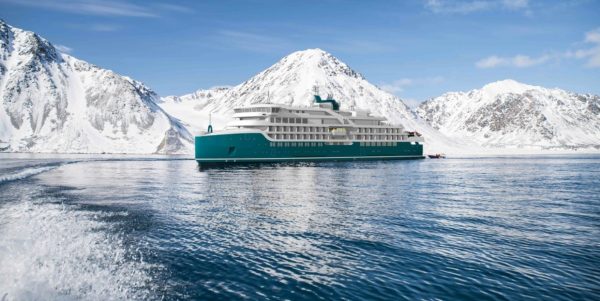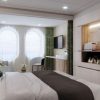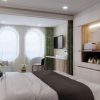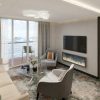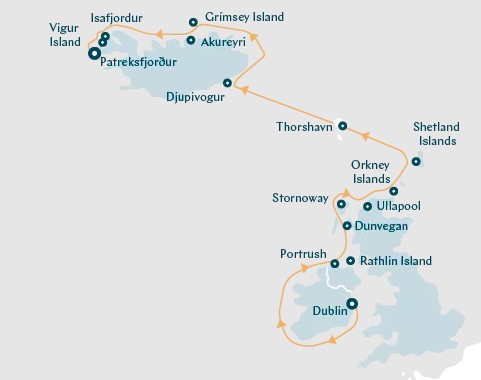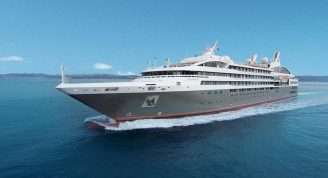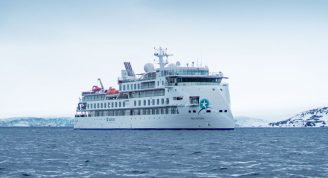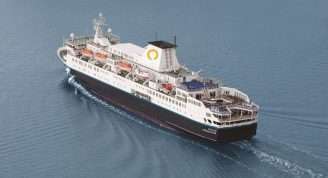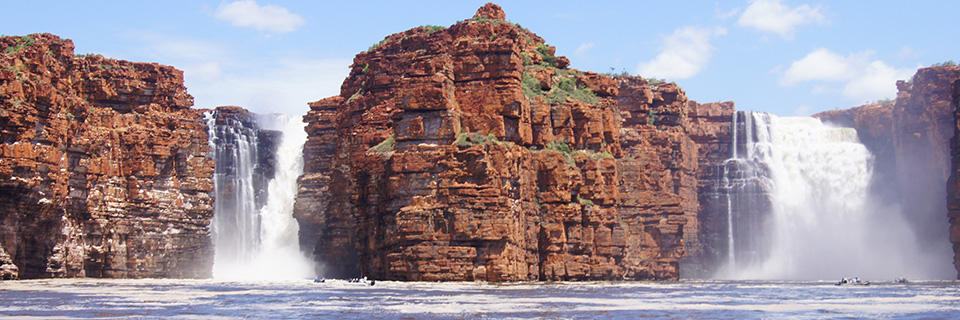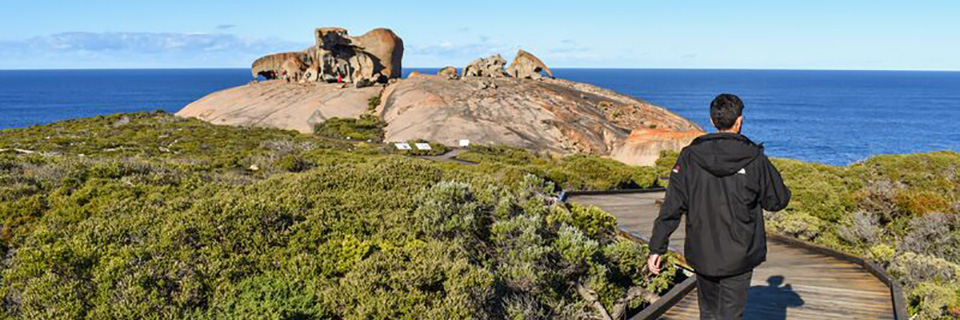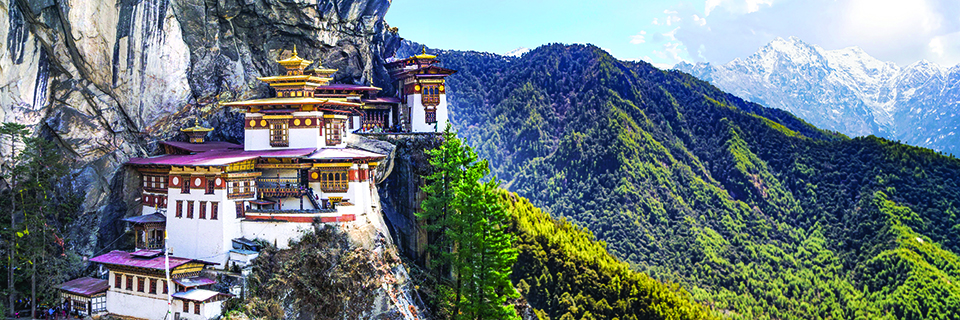Description
Setting sail from Ireland, this North Atlantic islands cruise takes you to Britain’s most northerly islands and Iceland. Board this cruise and discover Scottish isles from the Hebrides to the Shetlands and Orkney, before heading to the Danish outpost of the Faroe Islands, and finally on to the land of Fire and Ice – Iceland. With rugged landscapes, picturesque villages, evidence of Norse and prehistoric settlements, you will experience culture and friendly hospitality on remote islands that have been occupied since ancient times. As we cruise past highlands and islands, sit back and enjoy the unrivalled natural beauty and gaze in awe at the only crowds you are likely to see – that of nesting birds and migratory species. Your final destinations lie in Iceland – a fascinating land forged in the twin crucibles of ice and fire.


